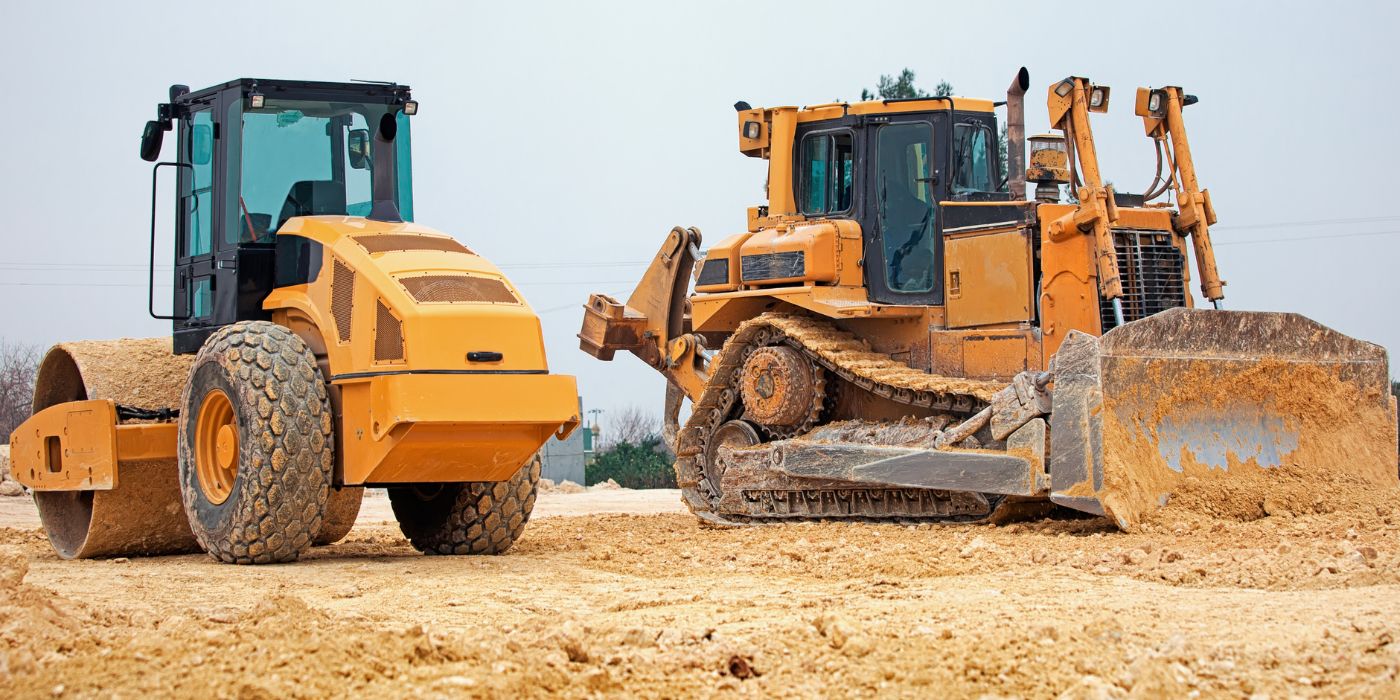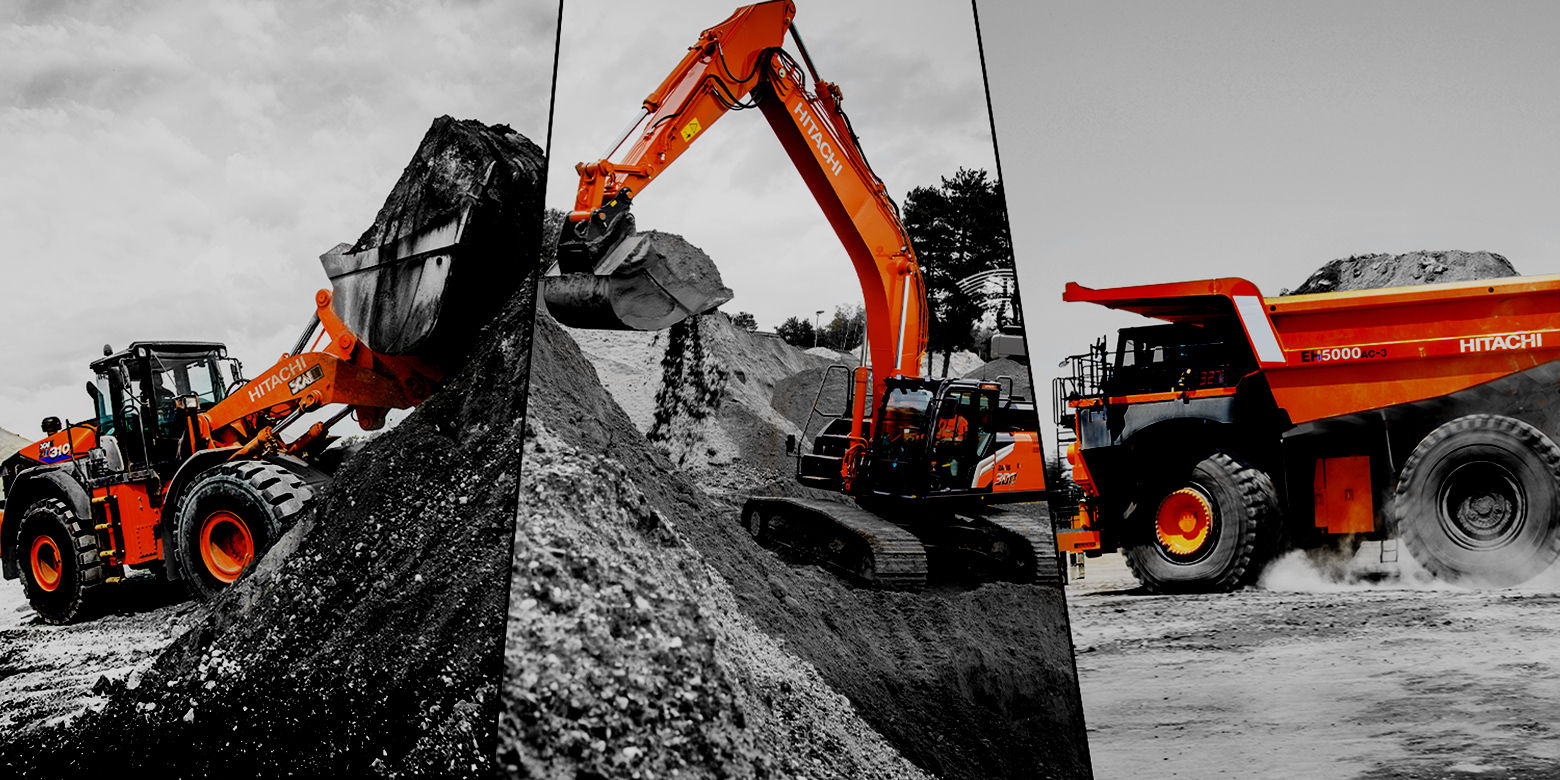Heavy Equipment Rental: Total Solutions for Large-Scale Projects
Heavy Equipment Rental: Total Solutions for Large-Scale Projects
Blog Article
Key Considerations When Selecting Construction Tools Leasings for Numerous Sorts Of Structure Tasks
Choosing the appropriate building and construction equipment rentals is a vital part that can dramatically affect the success of any building project. Trick factors to consider consist of a comprehensive assessment of project demands, budget plan restraints, and site problems, all of which play an essential role in determining the best tools for the task.
Task Requirements Analysis
Effective task needs assessment is critical for guaranteeing the successful execution of building and construction projects. This procedure entails an extensive examination of the particular needs and objectives of the job, which acts as the structure for choosing ideal building equipment. In order to facilitate precise decision-making, stakeholders need to collect detailed information regarding the job timeline, range, and website conditions.
Key factors to consider during the assessment consist of the kind of building and construction work, the volume of materials to be managed, and the spatial restraints of the task website. Understanding the project's distinct requirements allows job managers to identify the needed devices that will certainly maximize effectiveness and efficiency. Additionally, a comprehensive assessment aids in identifying the capacities and restrictions of readily available tools alternatives, making sure that chosen services satisfy performance criteria.

Budget Plan and Price Analysis
Budgeting for building equipment rentals is a critical element that directly affects the general financial health of a job. aerial lift rental. A detailed cost analysis should take into account not just the rental charges but likewise added expenditures related to running the equipment, such as gas, maintenance, transportation, and prospective damage waivers
When developing a budget plan, it is important to compare rental costs among different vendors to recognize the most effective worth. This consists of evaluating the duration of the rental period and any type of prospective price cuts for long-term arrangements. Moreover, recognizing the particular requirements of the project can help stay clear of overspending on unnecessary tools.
On top of that, it is sensible to assign a contingency budget plan for unforeseen scenarios that may occur during the job, such as devices break downs or prolonged rental durations. If unforeseen expenses take place., this makes certain that the project remains monetarily viable even.
Last but not least, tracking costs throughout the rental duration will certainly offer understandings into budget efficiency, enabling changes as required and cultivating much better decision-making for future jobs - aerial lift rental. By thoroughly analyzing prices, task managers can maintain financial control while guaranteeing that the essential tools is readily available to satisfy job demands successfully
Devices Kind and Requirements

It is important to examine the tools's specifications, consisting of tons reach, capacity, and power output, to guarantee they satisfy the project's requirements. Furthermore, think about the environment in which the devices will be made use of; factors such as surface, area constraints, and website conditions can substantially impact efficiency.
Furthermore, the age and maintenance history of the rental tools need to not be overlooked, as newer designs often incorporate advanced innovation that boosts operational performance and safety. Consulting with tools leasing professionals can give important insights right into the most suitable alternatives based upon your project's range and intricacy. By meticulously reviewing devices types and their specs, task managers can make sure that they choose the right tools essential to achieve ideal cause their you could try these out construction ventures.
Rental Terms and Problems
Comprehending the devices type and requirements is just part of the rental process; similarly essential are the rental conditions that govern the agreement. These terms define the assumptions and duties of both the tenant and the rental business, guaranteeing a smooth deal.

Crucial element of rental terms consist of the duration of the rental, repayment schedules, and any type of involved fees. It is critical to clear up whether the rental period is based on day-to-day, weekly, or month-to-month rates, in addition to any charges for late returns. In addition, recognizing the payment structure, including down payments and insurance policy costs, is essential to stay clear of unexpected expenditures.
One more crucial element is repair and maintenance duties. The rental contract needs to specify who is accountable for tools upkeep and just how to deal with devices failings during the rental period. Additionally, it is important to examine responsibility conditions, particularly concerning damage to the equipment or third-party injuries.
Lastly, know the terms bordering tools pick-up and return. A clear understanding of these problems can guarantee and prevent disputes that the rental process is effective and efficient, ultimately adding to the success of your building project.
Vendor Online Reputation and Assistance

Furthermore, assess the provider's background in the market, including their experience with comparable projects. Established providers with a proven track record are extra likely to provide the essential tools and support quickly.
Similarly essential is the degree of customer support provided. A responsive support team can make a considerable distinction, specifically in immediate circumstances where equipment break downs might happen. Guarantee that the distributor offers obtainable interaction networks and is prepared to provide aid or options promptly.
In addition, inquire concerning maintenance procedures and devices problem. A supplier that prioritizes regular assessments and upkeep is likely to use well-functioning tools, decreasing the danger of delays in your task. Ultimately, an extensive evaluation of vendor credibility and assistance will help with a smoother rental procedure, boosting general task success.
Verdict
Finally, choosing proper building and construction equipment rentals requires yard grading equipment a thorough examination of task demands, spending plan restraints, and equipment specs. Mindful evaluation of rental terms, along with a distributor's reputation and support, further improves the decision-making process. By taking into consideration these key variables, job managers can guarantee the safe and effective implementation of structure tasks, ultimately resulting in effective results and lessened disturbances. A methodical approach to equipment selection is essential for optimizing task efficiency.
Understanding the task's distinct demands enables project managers to recognize the essential equipment that will optimize efficiency and performance.Partnership amongst project stakeholders is necessary throughout this stage, as it promotes a shared understanding of project objectives and tools needs. By diligently evaluating task needs, construction teams can avoid costly hold-ups and equipment mismatches, eventually adding to the smooth development of the project and adherence to timelines. The rental contract must define who is answerable for equipment upkeep and how to manage devices failings throughout the rental period.In final thought, selecting appropriate building equipment rentals demands a thorough evaluation of job requirements, budget restraints, and tools specifications.
Report this page